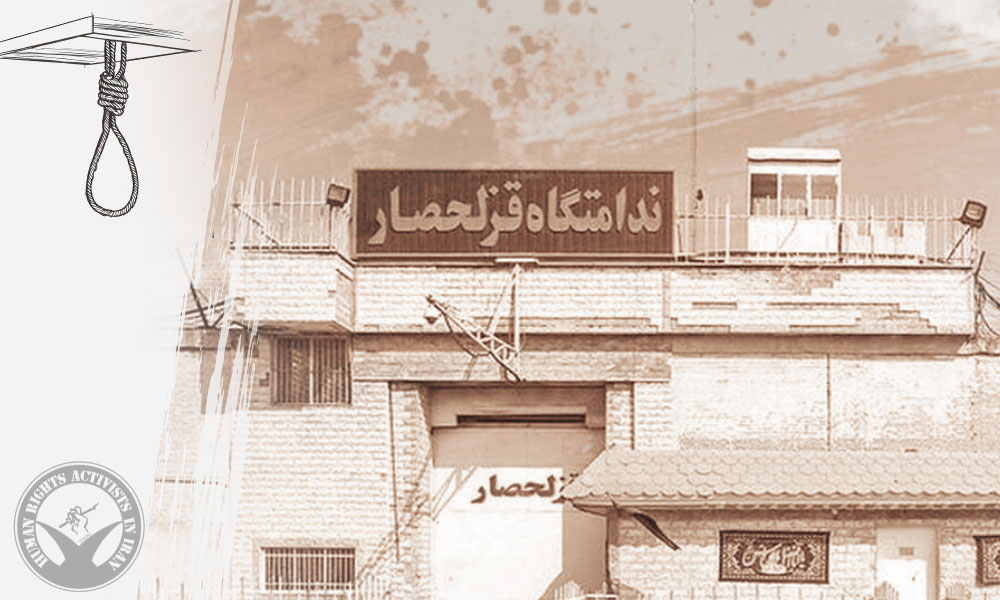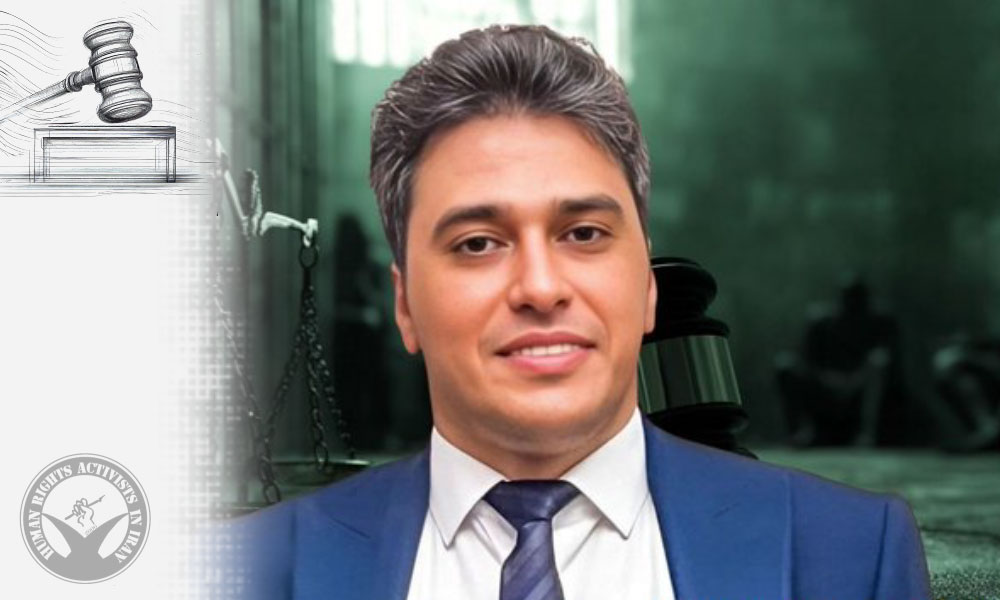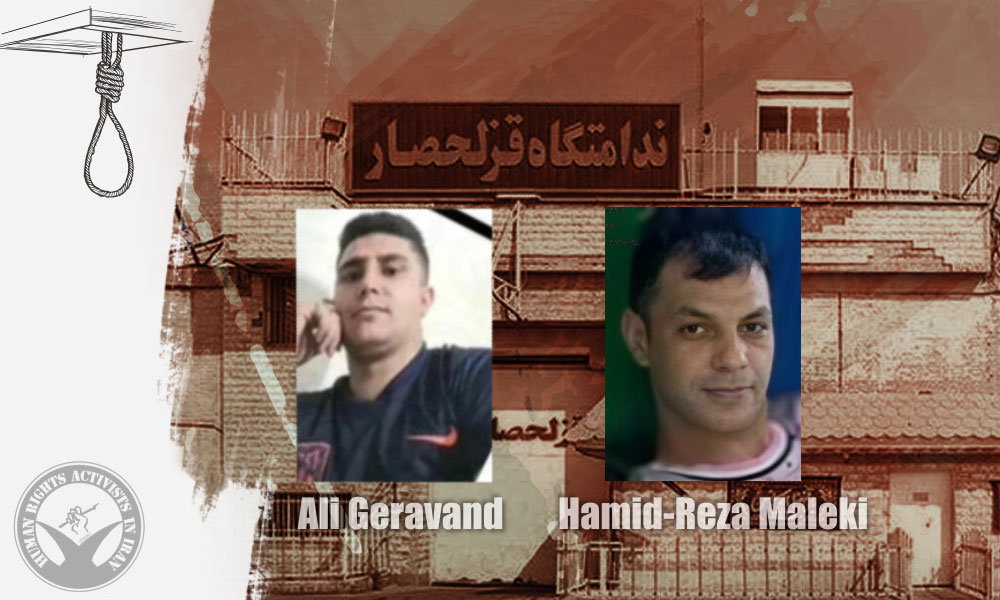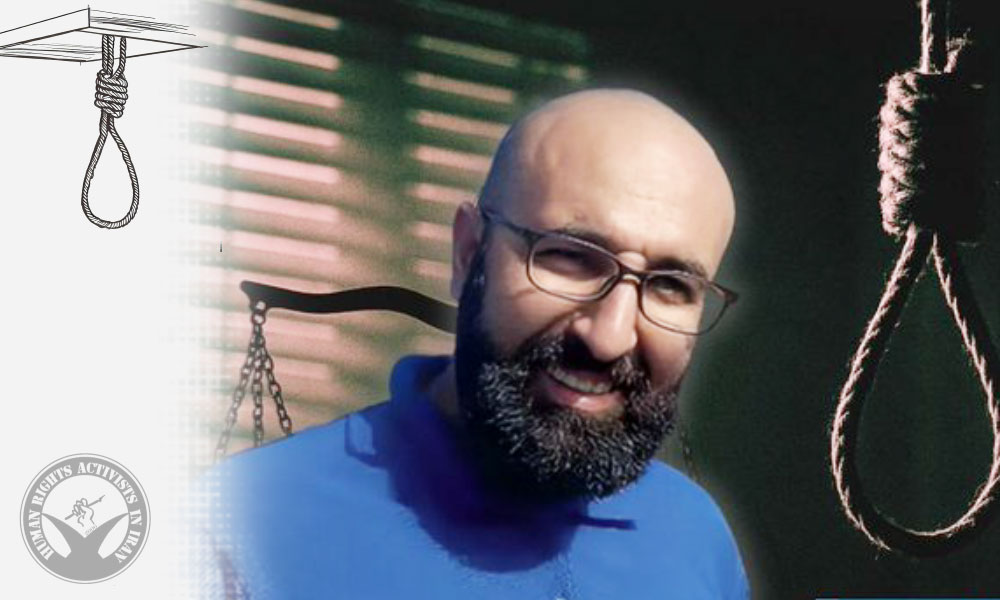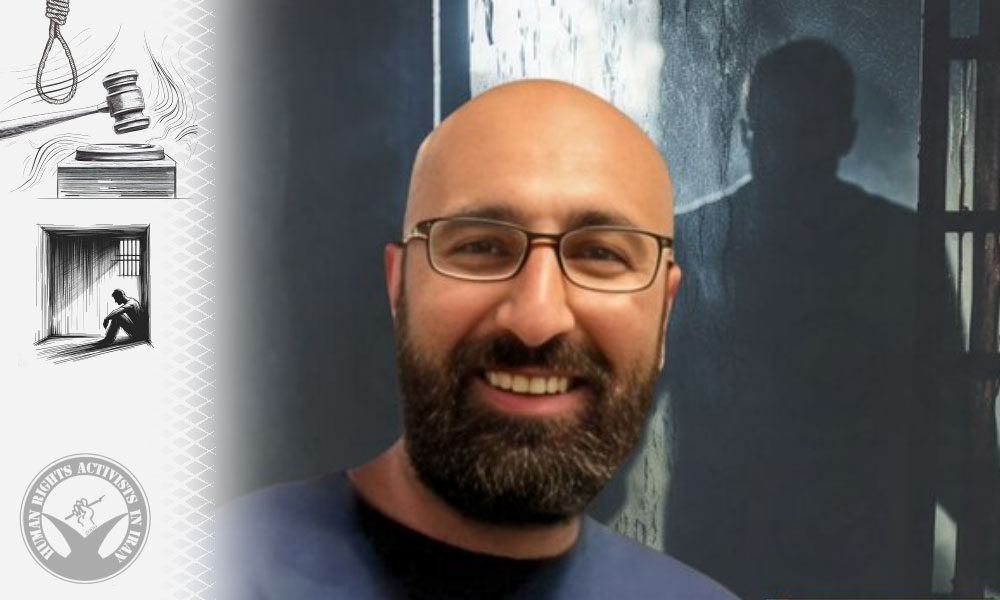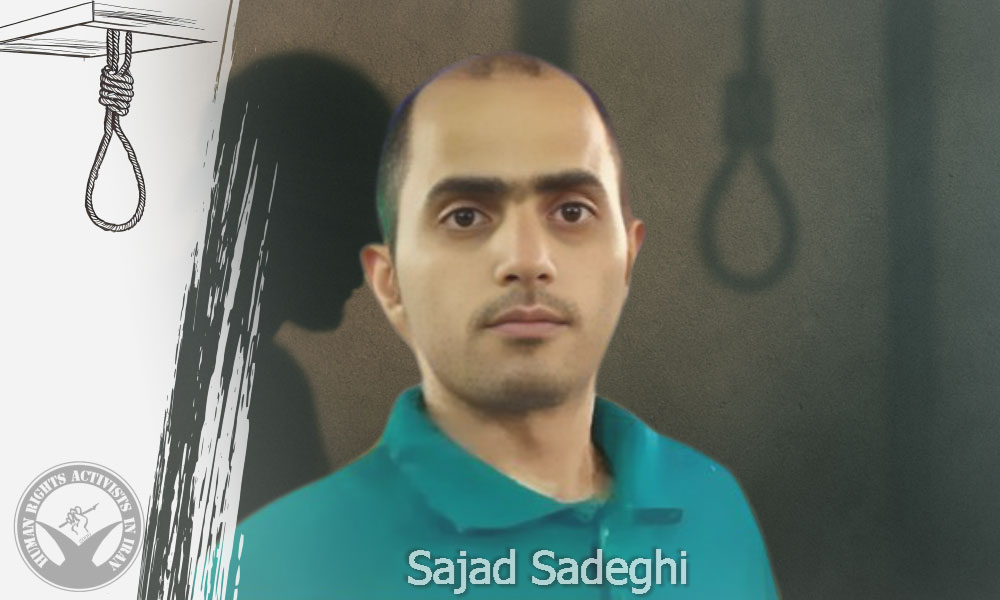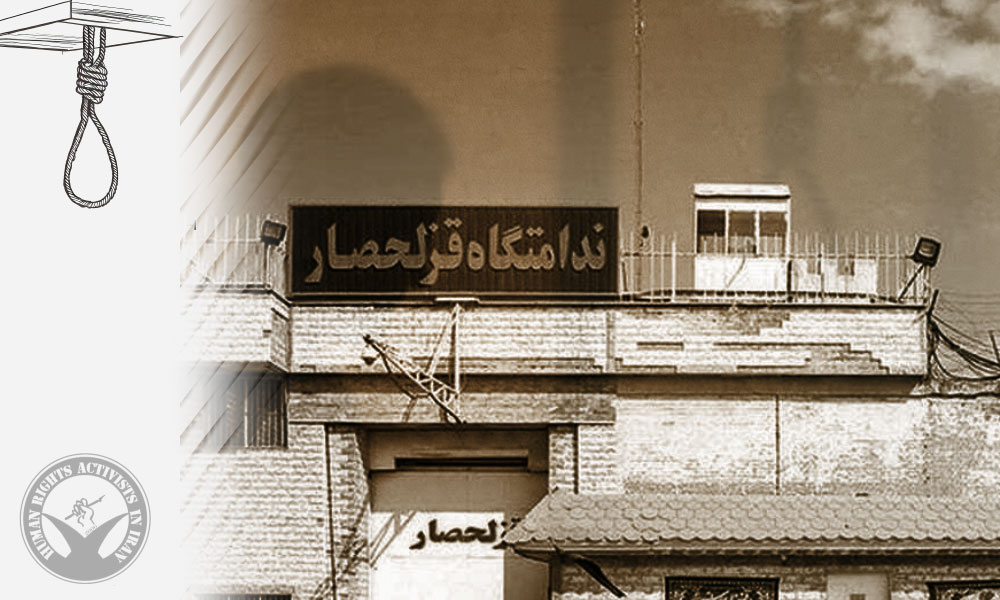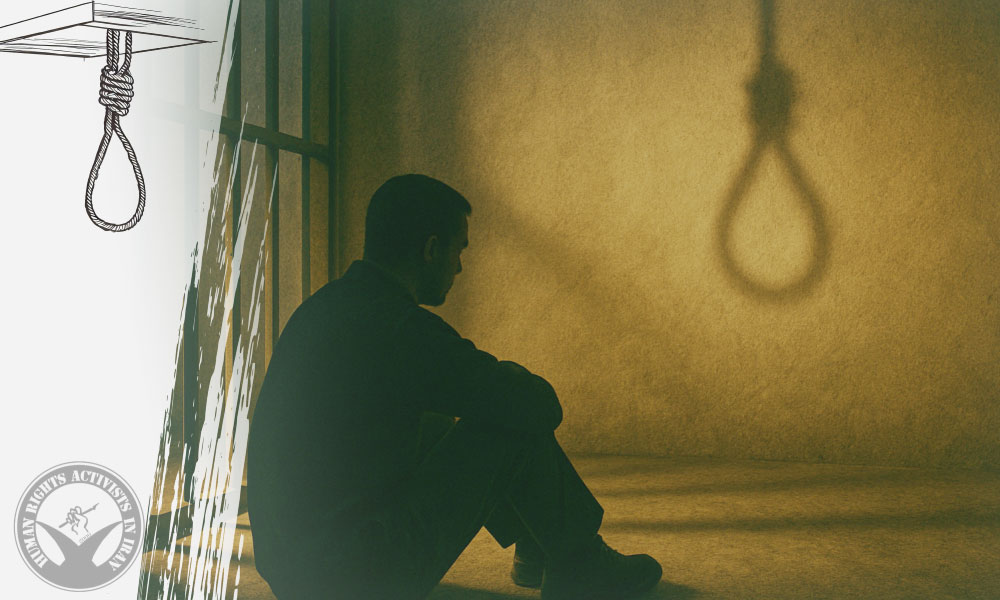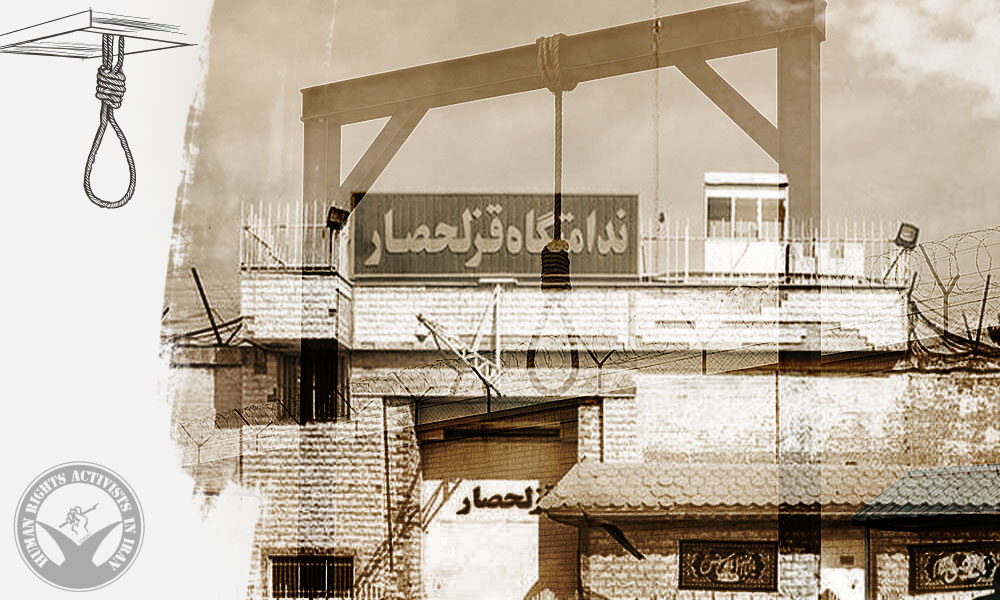HRANA- On Wednesday, October 8, nine prisoners were executed by hanging in Ghezel Hesar Prison in Karaj.
According to HRANA, four of the executed individuals had been sentenced to death on drug-related charges, four on murder charges, and one on a charge of rape.
The identity of one of the prisoners has been confirmed as Ahmadi Mohammadi, who was convicted on drug-related charges. HRANA has also identified another prisoner as Mahmoud Valiollah, who had been arrested on a murder charge.
A close relative of Mr. Valiollah told HRANA: “Mahmoud was the father of a 16-year-old son and two daughters, aged 6 and 10. He had lived in Tehran for many years. In the summer of 2021, he shot and killed his wife. He was eventually arrested and sentenced to death by the Criminal Court.”
The Hamshahri daily reported that one of the other executed prisoners was a man who, in March 2024, killed the wife of one of his colleagues during a robbery. He was arrested, sentenced to death, and his sentence was carried out in prison.
According to the same source, another executed prisoner was a man named Pedram, who three years earlier had killed the woman he was romantically interested in in order to steal her Tiggo car and buried her body in the Taleqan desert. He was arrested, tried, sentenced to death, and executed at dawn on Wednesday.
Hamshahri also reported that another of those executed was a man who had been arrested about seven years ago on charges of killing a young woman over a financial dispute. Her body was later found along the Tehran–Qom highway. The man was executed early Wednesday morning following his trial and sentencing.
In addition, Hamshahri reported that one of the executed prisoners had been arrested on charges of raping one of his relatives.
Since the beginning of this year, 183 people have been executed in Ghezel Hesar Prison alone, a figure unprecedented in comparison to previous years.



